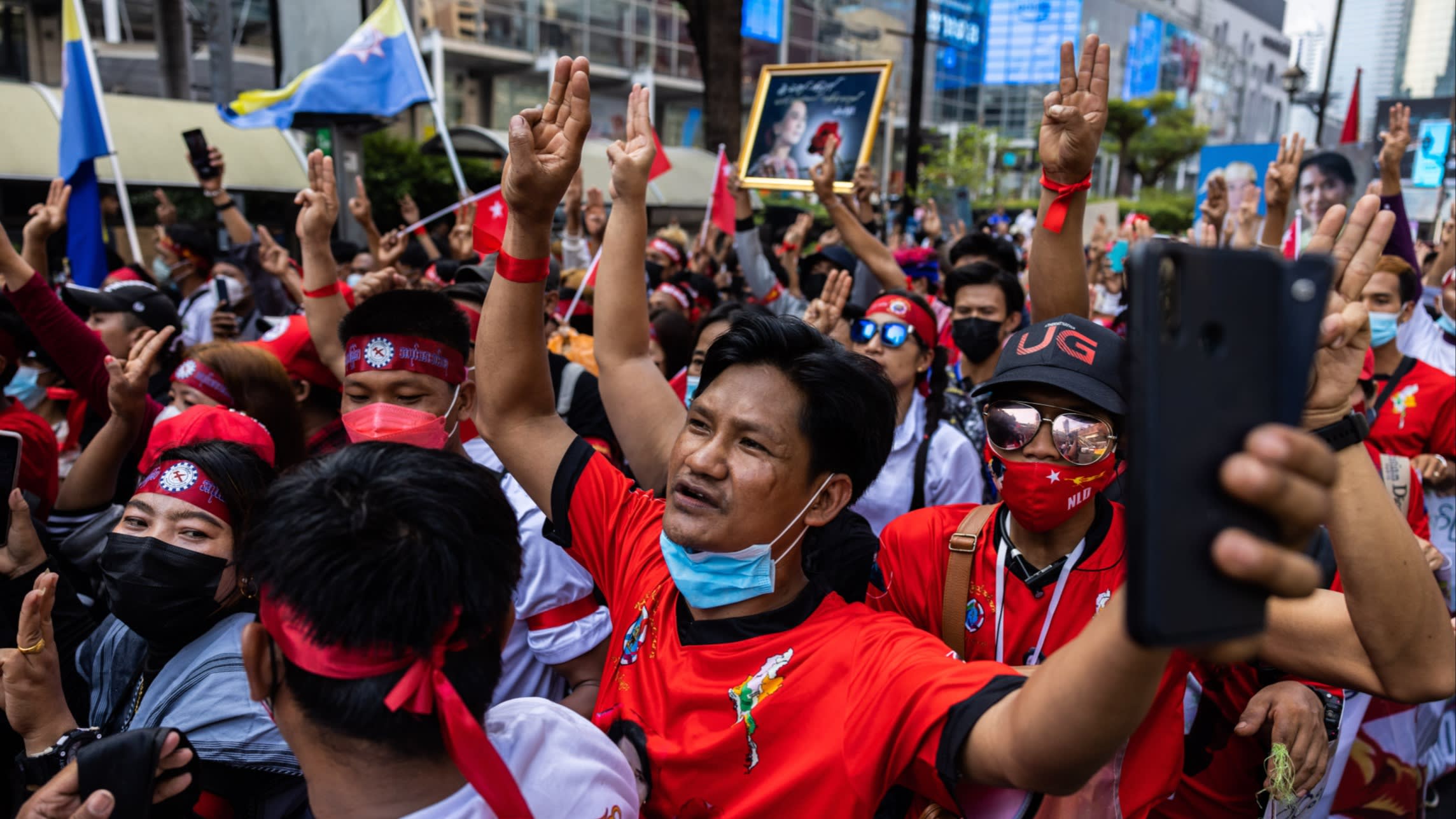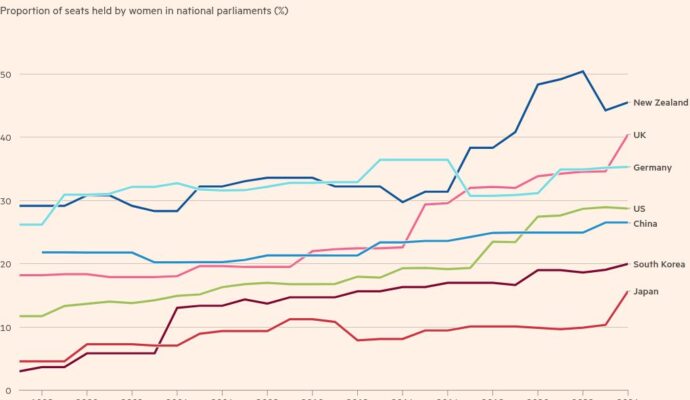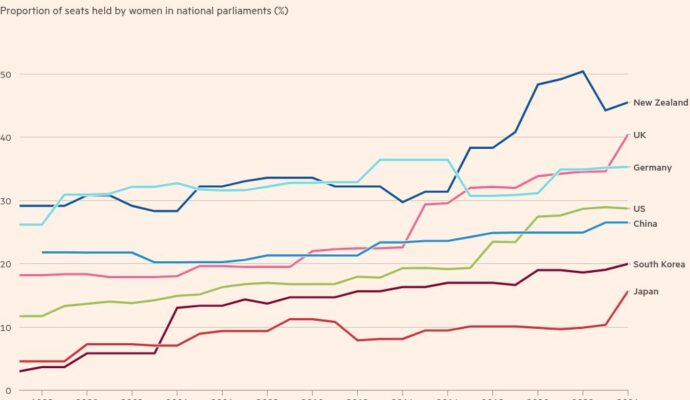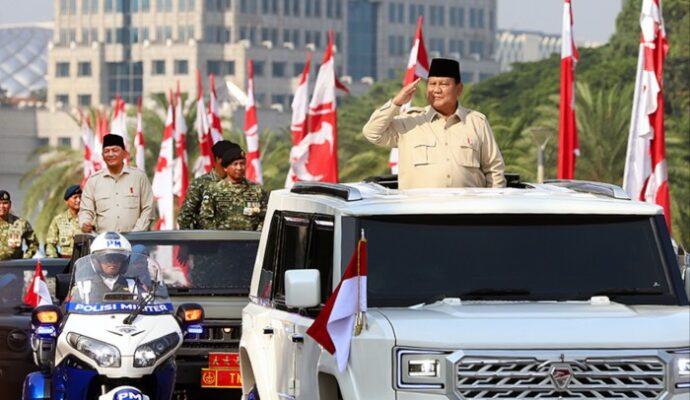
India’s Adani Group has completed the sale of its port business in Myanmar, marking an exit for the sprawling conglomerate from a flagship foreign investment long criticised by human rights campaigners.
The embattled group’s ports and logistics arm, Adani Ports and Special Economic Zone (Apsez), said in a stock exchange filing that it was selling its Myanmar port business, located in the largest city Yangon, to Solar Energy Ltd for $30mn. Adani did not respond to a Financial Times inquiry seeking further details of the buyer.
The pressure on Adani over its Myanmar investment long predates Hindenburg Research’s attack in January, in which the US short seller accused the Indian group of accounting fraud and stock market manipulation. Adani rejected Hindenburg’s claims, but $100bn was wiped off the conglomerate’s combined market valuation and a $2.4bn follow-on offering by its flagship business incubator Adani Enterprises had to be pulled.
In a separate filing on Thursday, Adani Enterprises, which includes the group’s coal trading and airports businesses, signalled a recovery from its setback as it reported surging profits. Consolidated profit after tax for the three months to March 31 more than doubled year on year to Rs7.8bn ($95mn), from Rs3.3bn.
“Our focus remains on governance, compliance, performance, and cash flow generation,” said Adani Group’s chair Gautam Adani, adding that the incubator had proved itself as “one of the world’s most successful infrastructure foundries”. Shares in Adani Enterprises climbed 5 per cent on the news.
Adani had originally announced plans to quit Myanmar in October 2021, saying at the time that it expected the sale to close by the end of March 2022 at the latest.
“They are saying they sold this for $30mn,” said Rawan Arraf, executive director of the Australian Centre for International Justice, one of the non-governmental groups that had been calling for Adani to divest. “We would request that in any responsible exit that money should be put into a fund for victims of the Myanmar conflict.”
Adani did not respond to questions from the FT about the sale, including the suggestion that it should donate proceeds from the sale.
Apsez signed a 50-year agreement in May 2019 to build and run a container terminal at Yangon Port, its first such terminal outside India and second international port after Australia. At the time, Adani said the project would cost $275mn to $290mn.
Karan Adani, Gautam Adani’s son and Apsez chief executive, called the project “an ideal investment” at the time for the growth-hungry group, and laid out ambitious plans for a container terminal network spanning south-east Asia.
Instead, Adani’s Myanmar venture became mired in controversy after General Min Aung Hlaing seized power in February 2021. Myanmar’s military regime has since killed more than 3,400 people and arrested more than 21,000, according to the Assistance Association for Political Prisoners, a human rights watchdog.
S&P Dow Jones Indices in April 2021 removed Apsez from its sustainability index, citing media reports about the company’s “commercial relationship with Myanmar’s military”. Norway’s largest pension fund, Kommunal Landspensjonskasse, divested from Apsez in June 2021, saying that its operations in Myanmar constituted “an unacceptable risk” of violating its guidelines for responsible investment.


